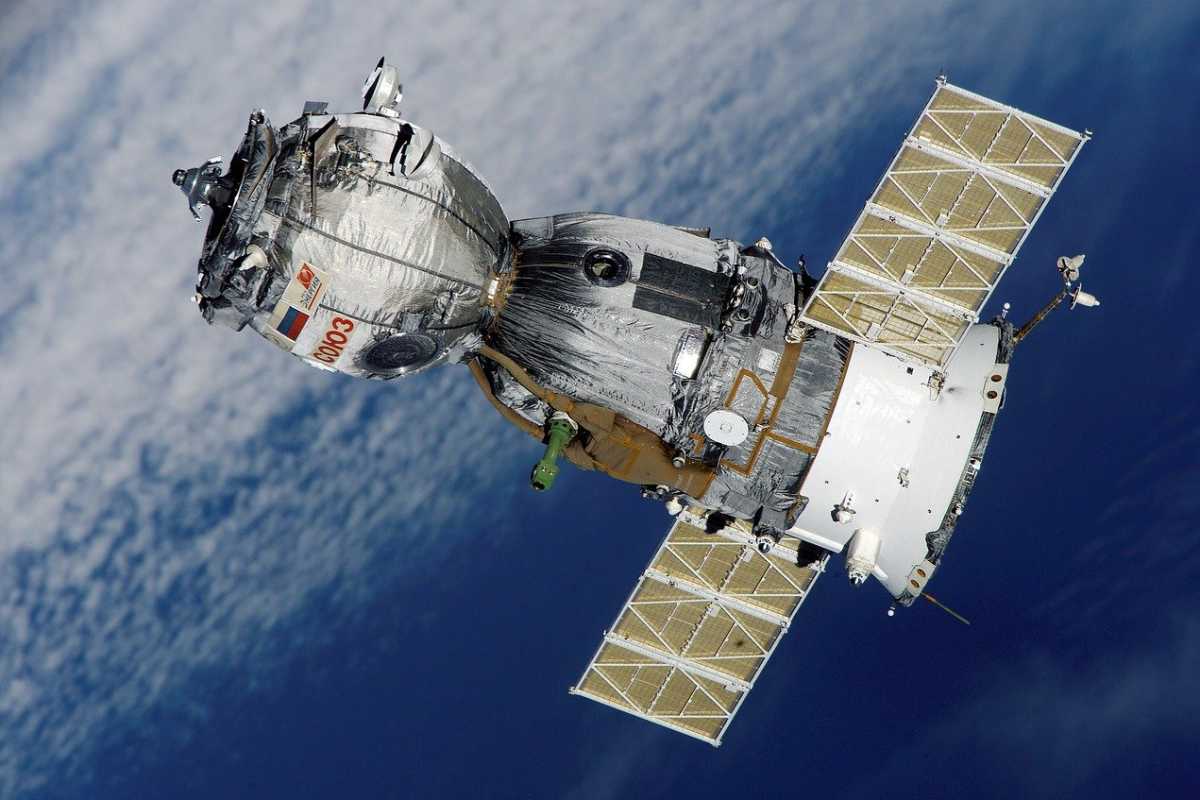The Indian government is gearing up to notify the highly-anticipated new Spacecom policy, which will highlight the crucial role of LEO (low-earth orbit) satellite system operators in boosting broadband coverage, especially in rural areas. This comes while Bharti-backed OneWeb and SpaceX of Elon Musk are prepping to launch their high-speed satellite broadband services in the country in 2022.
New Spacecom Policy
As per DDG (satellite) in DoT, R Shakya, at a satcom webinar, the Department of Space (DoS) will notify the new Spacecom policy soon after it has concluded the activities relevant to its formulation. Only administrative approval is awaited. He also added that the policy will highlight the significant role of non-geostationary satellite systems such as LEOs and MEOs in the country. This will enable regulations around ways to use the new-age satellite constellations without replicating existing telecoms network infrastructure, notes ET Telecom. The Spacecom policy is believed to result in 100% FDI through the automatic route in the satcoms space. Though the industry is wary of the Department of Space (DoS) current role as a licensor, satellite operator and market regulatory, it is claimed to cause a conflict of interest with private satcom service providers and satellite builders. Hopefully, the new policy will address this concern.
Permits For LEO Operations
In a separate move, Shakya and DoT are seeking the views of TRAI on issuing the regulatory-specific permits for operators of the LEO constellation, especially as many satellite service companies are not eager to get pan-India permits as they eye to offer satellite broadband connectivity only to select regions. The DoT official stated that DoT will soon send a reference to TRAI to seek suggestions on how to create an enabling regulatory environment to develop new satellite technologies such as LEO constellations and explore a region-specific licensing framework.
Satellite Broadband Boom In India
As per industry experts, Indian is seen as a key emerging satellite internet market with a $1 billion annual revenue opportunity. As 75 per cent of the rural regions in the country do not have access to broadband connectivity, these regions lack cellular or fiber connectivity as well. Eventually, LEO satellite systems are considered viable alternatives to broadband despite being expensive.
